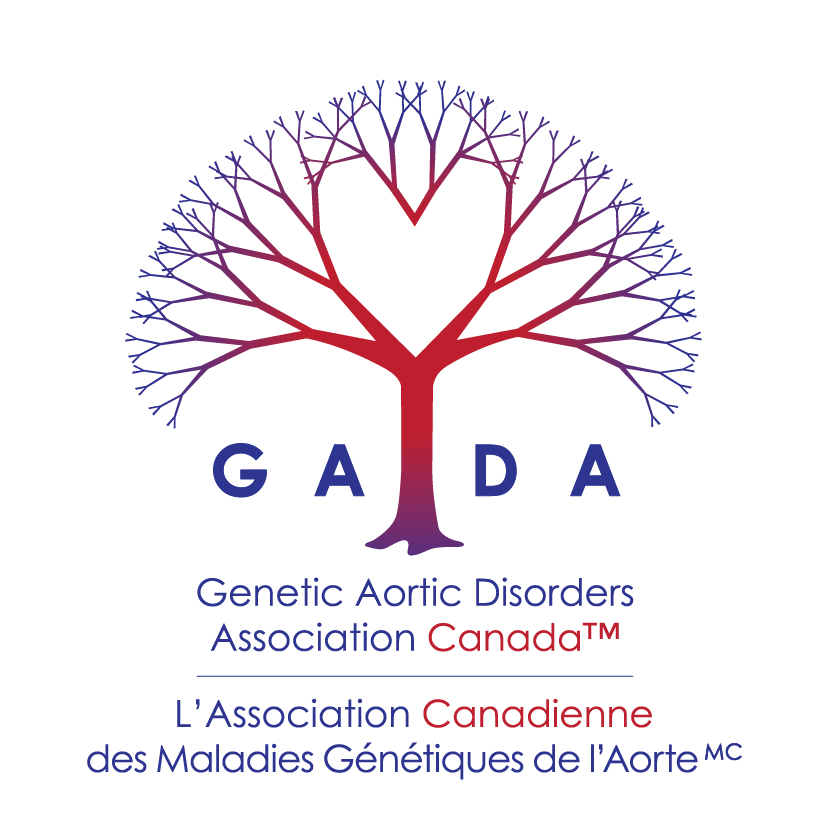Thoracic aortic aneurysm is often undiagnosed and has a very poor prognosis when presented with acute aortic dissection. Early diagnosis, expert medical management, and elective aortic surgery are the cornerstones of improvement of long-term survival in thoracic aortic disease (TAD). International guidelines now recommend the acute and long-term management of patients with TAD to occur within multidisciplinary aortopathy clinics under the care of professionals with specific training and experience. Multidisciplinary “heart teams” are recognized to be more focused on patient-centric care, to facilitate faster clinical decision times with increased adherence to guideline-directed therapy, and to improve knowledge translation and physician and patient satisfaction. The range of differential diagnoses for TAD has expanded rapidly over the past decade. Diagnosis of an index case with a syndromic or nonsyndromic familial TAD allows for preventative care. Effective family screening can save lives by allowing for elective management of thoracic aortic aneurysm rather than emergent care of acute aortic complications. Expert cardiac imaging with access to the full range of required imaging modalities is central to all clinical management decisions. Medical and surgical management of TAD is now provided as personalized care according to patient- and disease-specific factors. Special considerations apply to pregnancy management for women with TAD. Multidisciplinary aortopathy clinics should now be the standard of care for the management of TAD in Canada and we should implement best practice guidelines. With the already established and emerging clinics, the stage is now set to build a Canadian Aortopathy Clinics Trials network.
